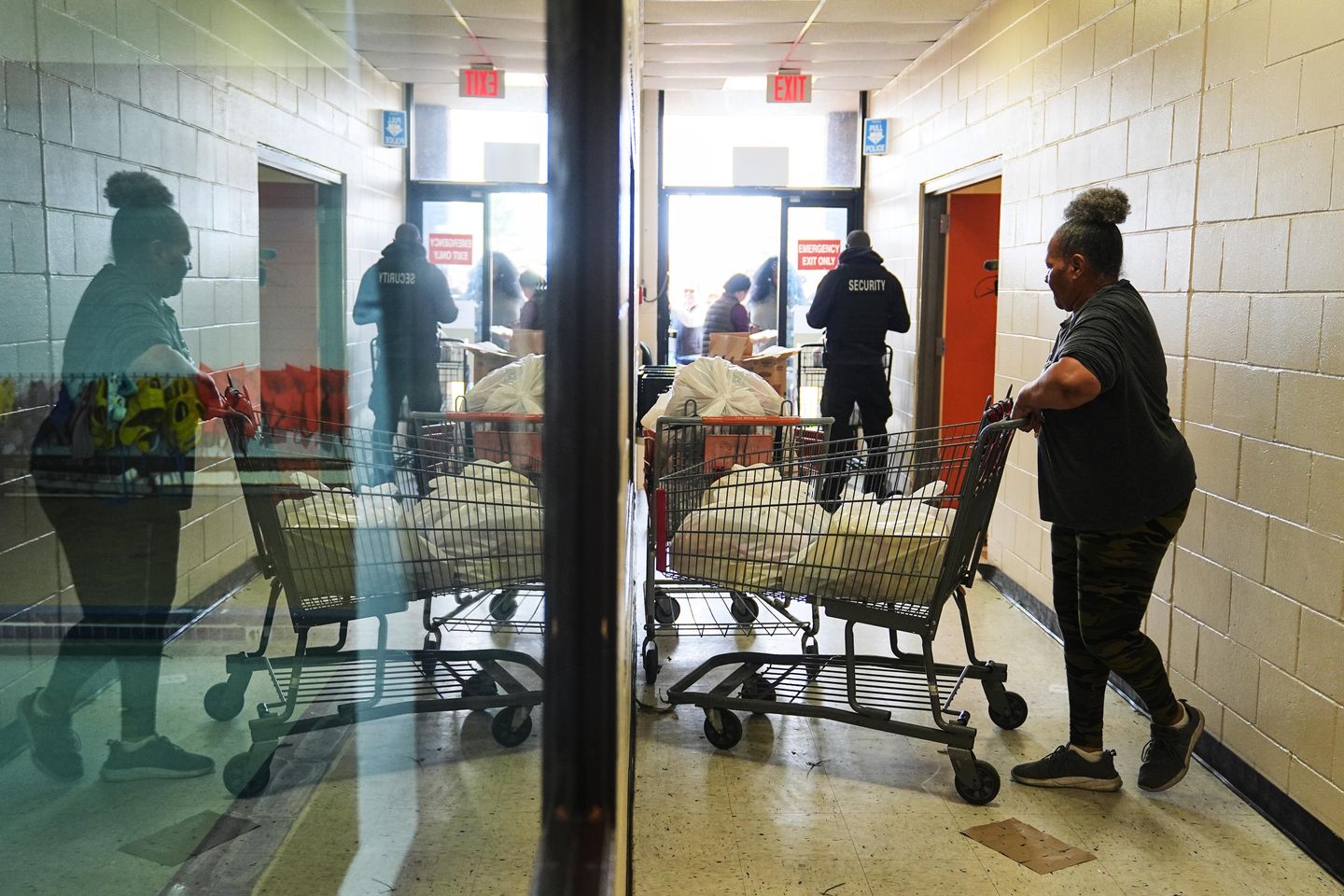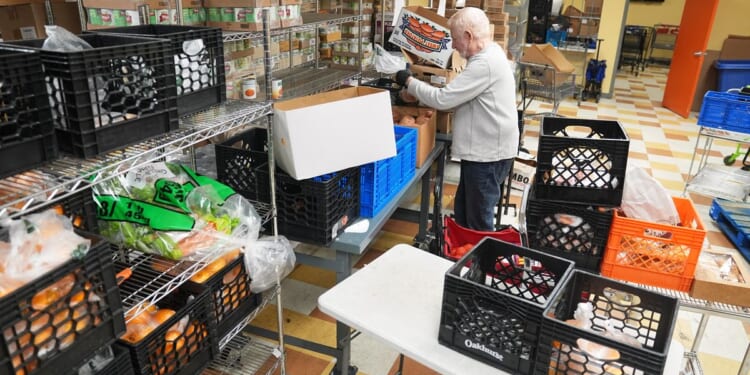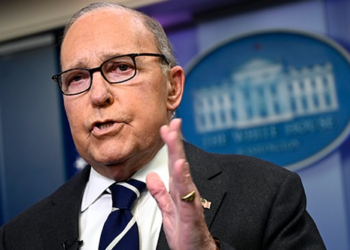
States administering a federal food aid program serving about 42 million Americans faced uncertainty Monday over whether they can – and should – provide full monthly benefits during an ongoing legal battle involving the U.S. government shutdown.
President Donald Trump’s administration over the weekend demanded that states “undo” full benefits that were paid under the Supplemental Nutrition Assistance Program during a one-day window between when a federal judge ordered full funding and a Supreme Court justice put a temporary pause on that order.
A federal appeals court in Boston left the full benefits order in place late on Sunday, though the Supreme Court order ensures the government won’t have to pay out for at least 48 hours.
“The record here shows that the government sat on its hands for nearly a month, unprepared to make partial payments, while people who rely on SNAP received no benefits a week into November and counting,” Judge Julie Rikleman of the U.S. 1st Circuit Court of Appeals wrote.
The Supreme Court gave the Trump administration until 11 a.m. EST Monday to say whether it wanted to keep the full payments on hold. The pause the court imposed last week will expire Tuesday night without further court action. Congress is considering whether to fund SNAP as part of a proposal to end the government shutdown.
Some states are warning of “catastrophic operational disruptions” if the Trump administration does not reimburse them for those SNAP benefits they already authorized. Meanwhile, other states are providing partial monthly SNAP benefits with federal money or using their own funds to load electronic benefit cards for SNAP recipients.
Trump’s administration initially said SNAP benefits would not be available in November because of the government shutdown. After some states and nonprofit groups sued, judges in Massachusetts and Rhode Island each ruled the administration could not skip November’s benefits entirely.
The administration then said it would use an emergency reserve fund to provide 65% of the maximum monthly benefit. On Thursday, Rhode Island-based U.S. District Judge John J. McConnell said that wasn’t good enough, and ordered full funding for SNAP benefits by Friday.
Some states acted quickly to direct their EBT vendors to disburse full monthly benefits to SNAP recipients. Millions of people in those states received funds to buy groceries before Justice Ketanji Brown Jackson put McConnell’s order on hold Friday night, pending further deliberation by an appeals court.
Millions more people still have not received SNAP payments for November, because their states were waiting on further guidance from the U.S. Department of Agriculture, which administers SNAP.
“Continued delays deepen suffering for children, seniors, and working families, and force nonprofits to shoulder an even heavier burden,” Diane Yentel, President and CEO, National Council of Nonprofits, one of the plaintiffs in the lawsuit, said in a statement Monday. “If basic decency and humanity don’t compel the administration to assure food security for all Americans, then multiple federal court judges finding its actions unlawful must.”
Trump’s administration has argued that the judicial order to provide full benefits violates the Constitution by infringing on the spending power of the legislative and executive branches.
On Sunday, the Trump administration said states had moved too quickly and erroneously released full SNAP benefits after last week’s rulings.
“States must immediately undo any steps taken to issue full SNAP benefits for November 2025,” Patrick Penn, deputy undersecretary of Agriculture, wrote to state SNAP directors. He warned that states could face penalties if they did not comply.
Wisconsin, which was among the first to load full benefits after McConnell’s order, had its federal reimbursement frozen. As a result, the state’s SNAP account could be depleted as soon as Monday, leaving no money to reimburse stores that sell food to SNAP recipients, according to a court filing submitted by those that had sued.
Some Democratic governors vowed to challenge any federal attempt to claw back money.
In Connecticut, Democratic Gov. Ned Lamont said “those who received their benefits should not worry about losing them.”
“No, Connecticut does not need to take back SNAP benefits already sent to the 360,000 people who depend on them for food and who should have never been caught in the middle of this political fight,” Lamont said. “We have their back.”
___
Associated Press writers Scott Bauer in Madison, Wisconsin; John Hanna in Topeka, Kansas; Nicholas Riccardi in Denver; and Lindsay Whitehurst in Washington contributed to this report.










